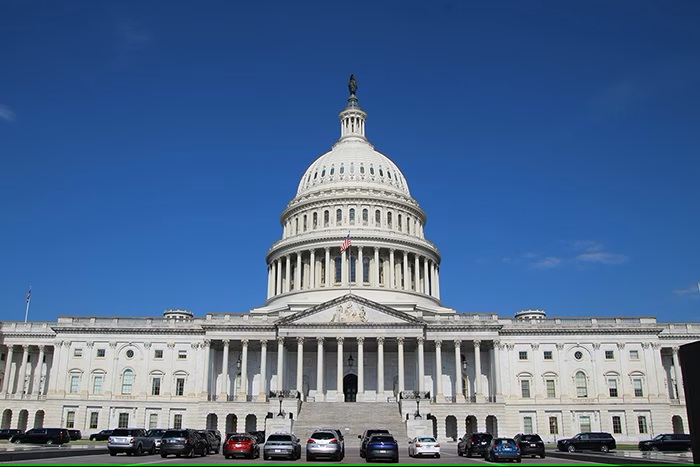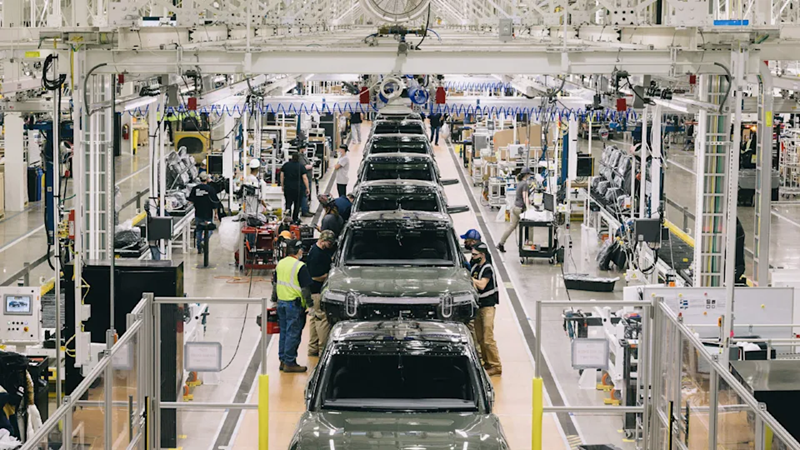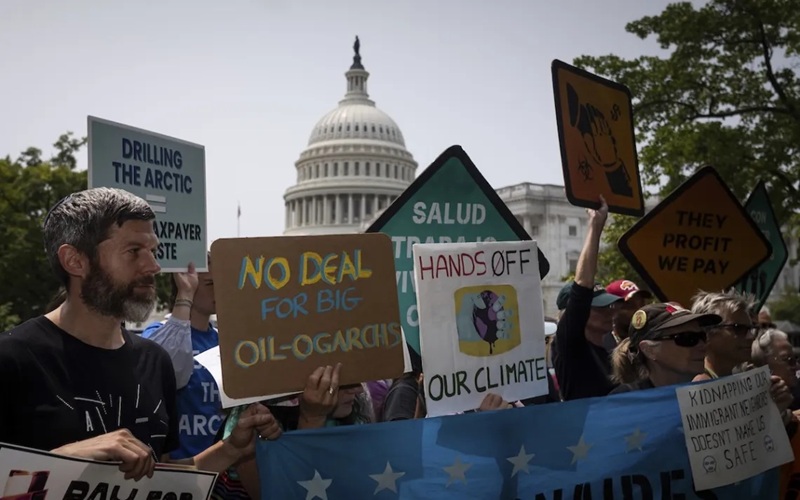How Does Sustainability & Climate Protection Fare in Trump’s Big Beautiful Bill?
Roddy Scheer July 10, 2025
Dear EarthTalk: Why are environmental advocates incensed about the content of Trump’s recently passed “Big Beautiful Bill?” —A.J., Newtown, PA

The recently passed Republican-driven legislative and economic package has sparked intense backlash among environmentalists, who argue that its contents represent a step backward for environmental protection and climate action. Despite its sunny name, critics have quickly rebranded it the “Big Betrayal Bill,” pointing to provisions that overwhelmingly benefit fossil fuel and resource extraction industries at the expense of the environment.
One of the bill’s most contentious features is its fast-tracking of fossil fuel infrastructure projects. By severely weakening the permitting process under the National Environmental Policy Act (NEPA), the bill makes it much easier for oil pipelines, natural gas export terminals and refineries to be approved with minimal environmental review. These safeguards were originally designed to ensure projects wouldn’t pose unacceptable risks to ecosystems, air quality or nearby communities. Environmentalists warn that sidelining NEPA could lead to a flood of high-impact projects that move forward without proper assessment or public input.
The bill also opens vast new areas of public lands to logging, mining and drilling, all in the name of boosting domestic resource extraction and so-called “energy independence.” Conservationists argue this approach endangers fragile ecosystems, accelerates deforestation and puts many wildlife species at further risk—particularly because the bill also weakens key parts of the Endangered Species Act. Developers can now move forward in critical habitats without having to prove that endangered species won’t be harmed, effectively shifting the burden of protection onto overstretched regulatory agencies and the public.

Adding insult to injury, the bill takes direct aim at clean energy incentives, particularly electric vehicle (EV) credits. It eliminates or significantly reduces federal tax breaks for EV purchases, which have been a cornerstone of U.S. efforts to speed the transition away from gas-powered cars. By stripping away these incentives, the bill could slow consumer adoption of EVs and extend the dominance of internal combustion engines, which continue to be a major source of greenhouse gas emissions.
Supporters of the bill, largely from fossil fuel, construction and resource industries, tout it as a pro-growth, pro-energy solution that cuts through bureaucratic red tape and positions the U.S. as a global energy leader. But for environmentalists, the Big Beautiful Bill is anything but beautiful. “It is not an overstatement to say this is the most anti-environment bill in history,” said Patrick Drupp, director of climate policy for the Sierra Club. Indeed, most environmentalists agree that the bill trades long-term environmental health for short-term industrial gain, leaving future generations to deal with the consequences.
CONTACTS

Trump’s One Big Beautiful Bill Act “Most Anti-Environment Bill in History”
Trump’s ‘Big, Beautiful Bill’ is bad for American EVs, but it could have been worse
EarthTalk® is produced by Roddy Scheer & Doug Moss for the 501(c)3 nonprofit EarthTalk. See more at https://emagazine.com. To donate, visit https://earthtalk.org. Send questions to: question@earthtalk.org.
